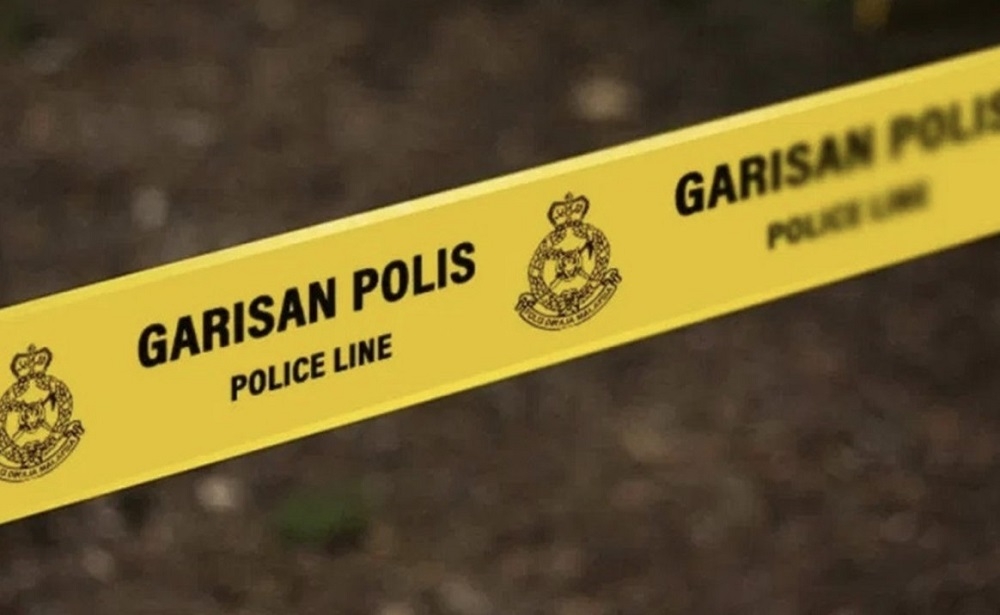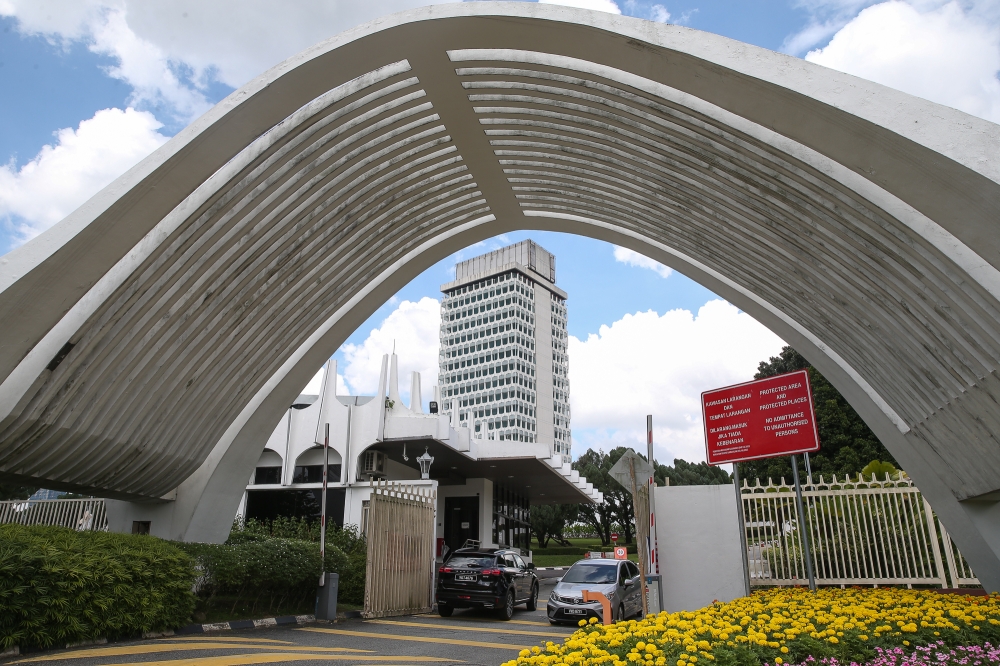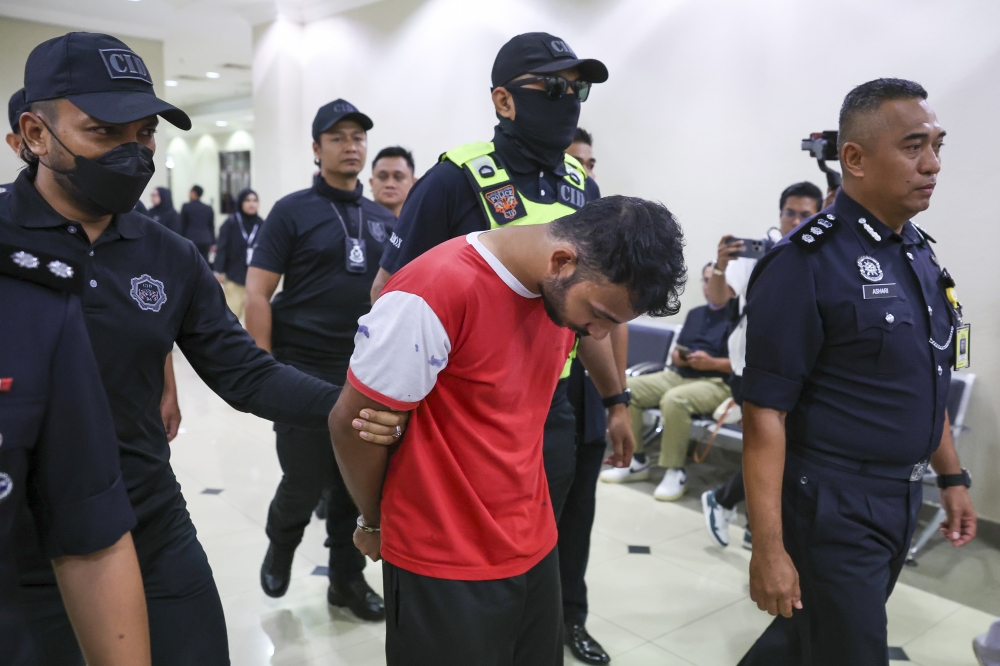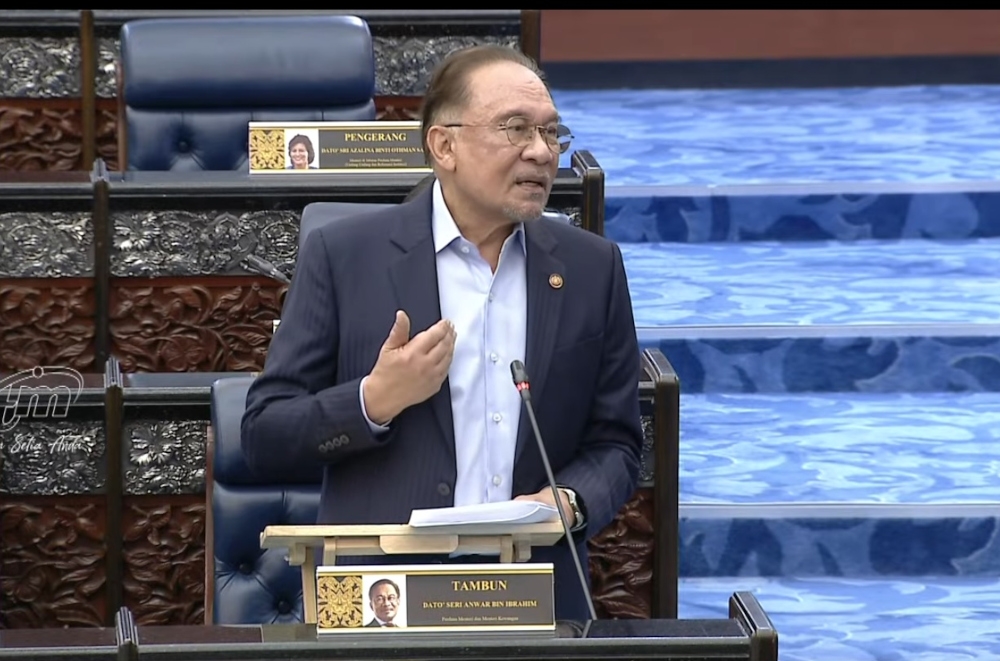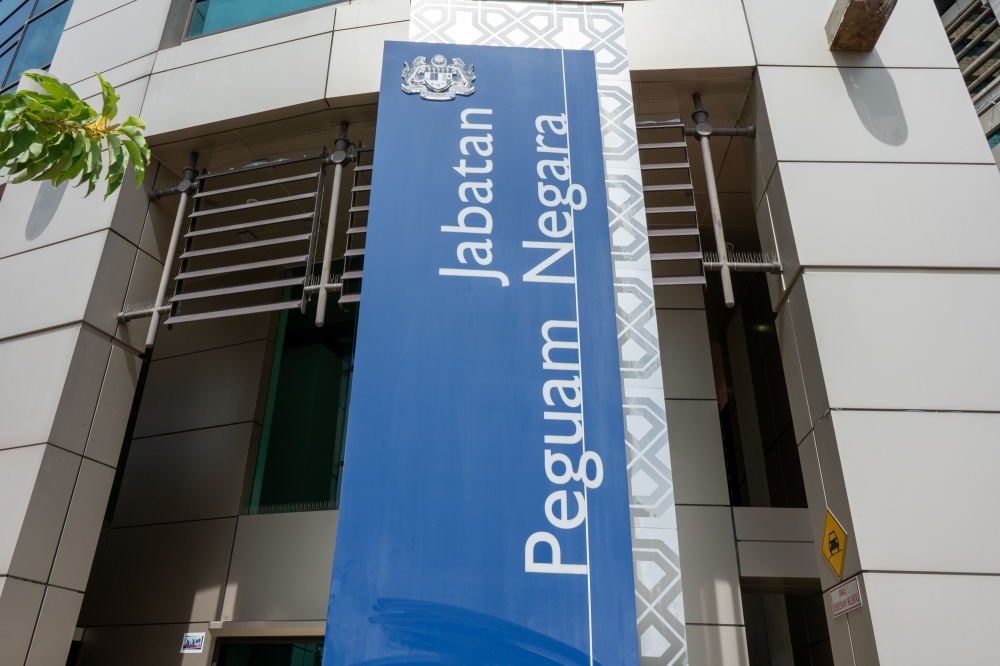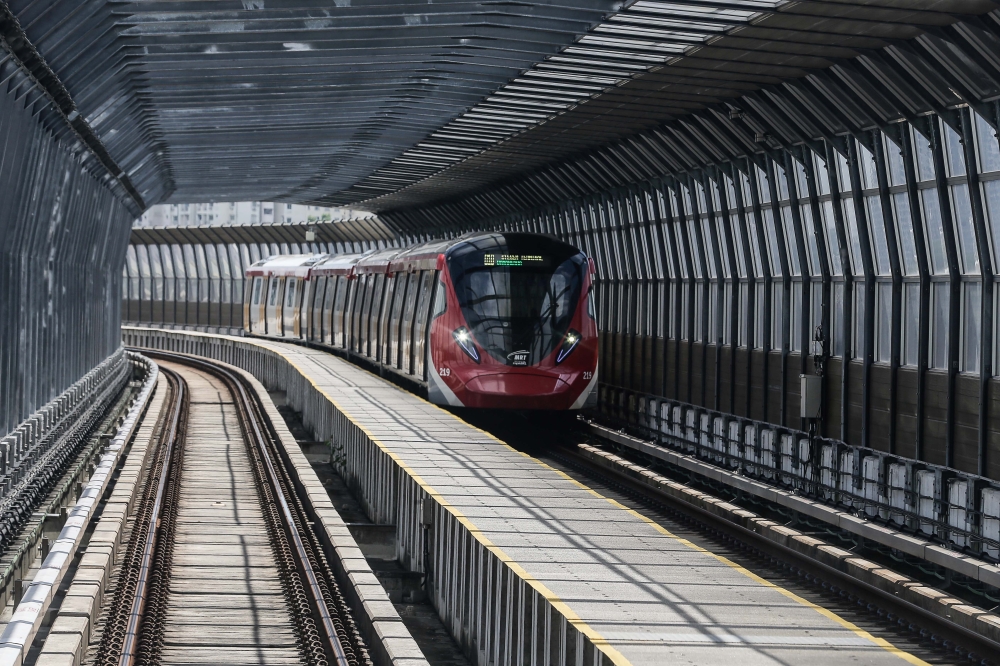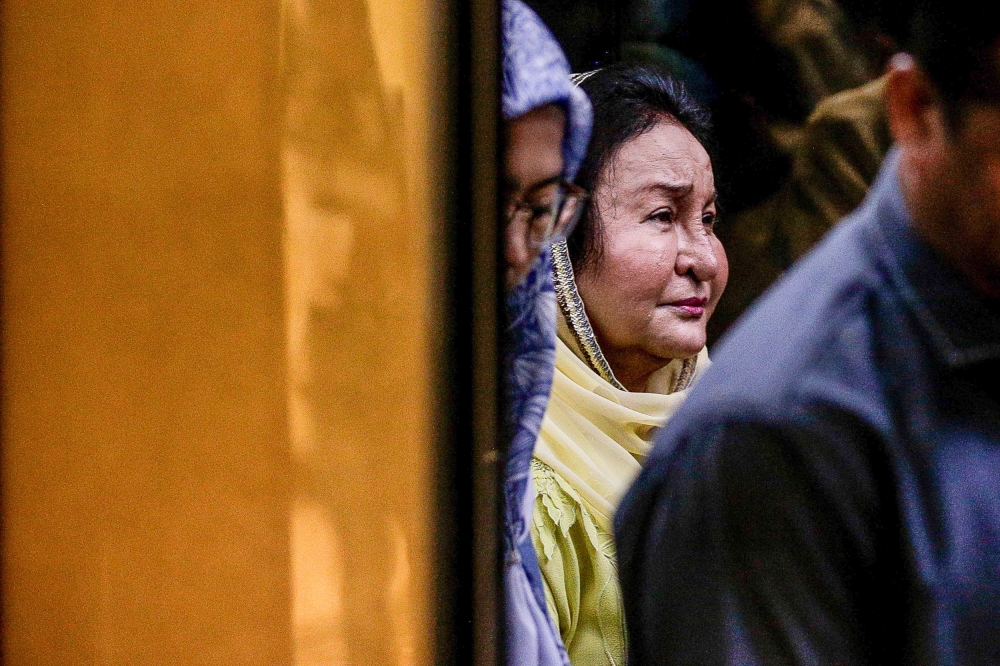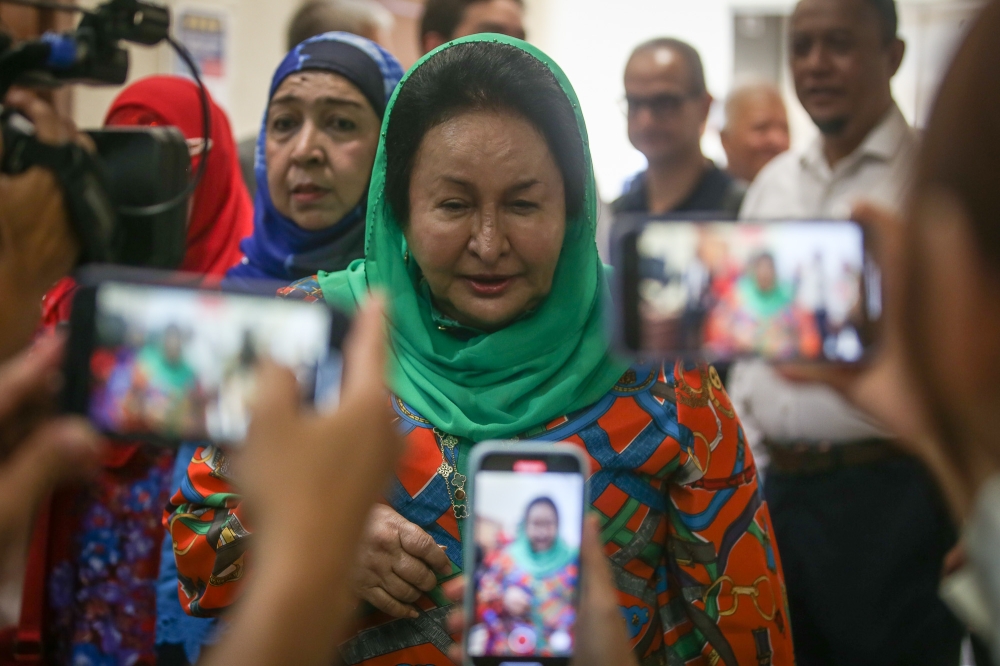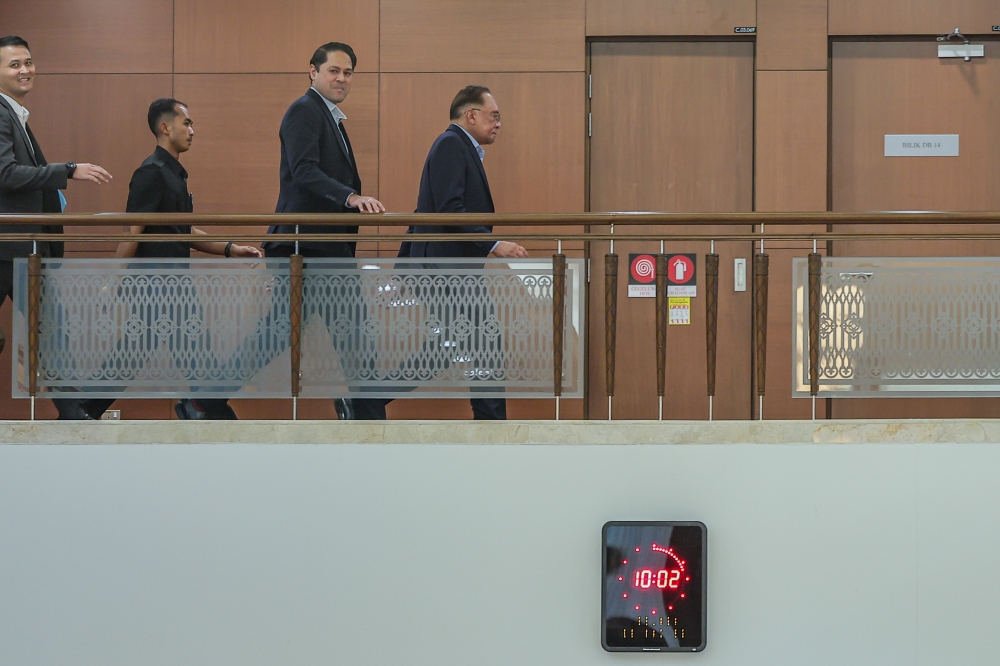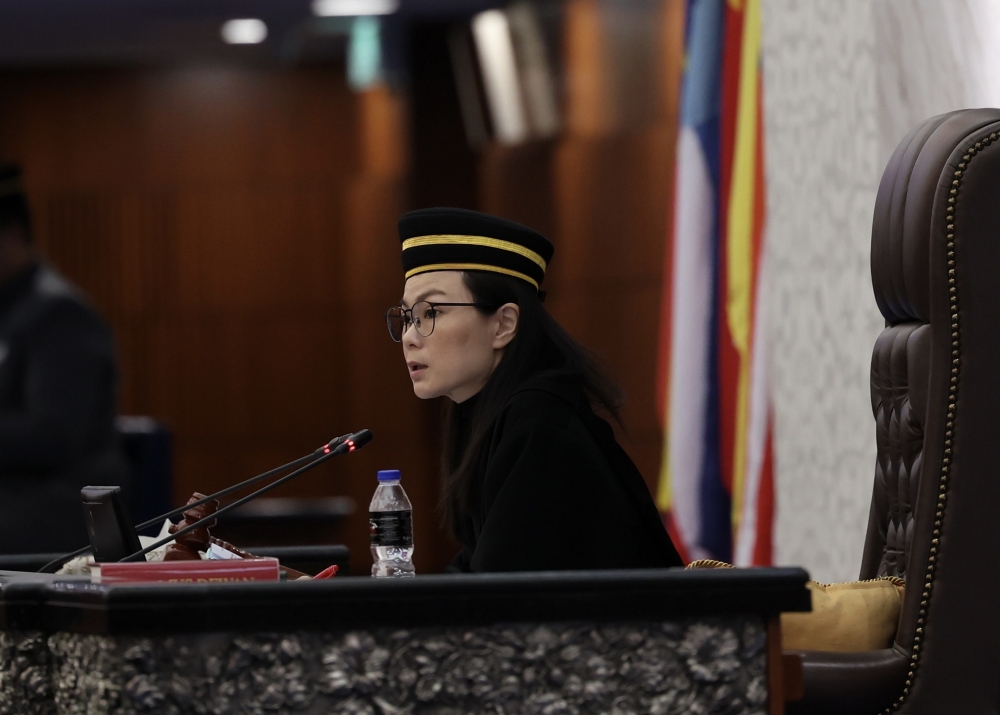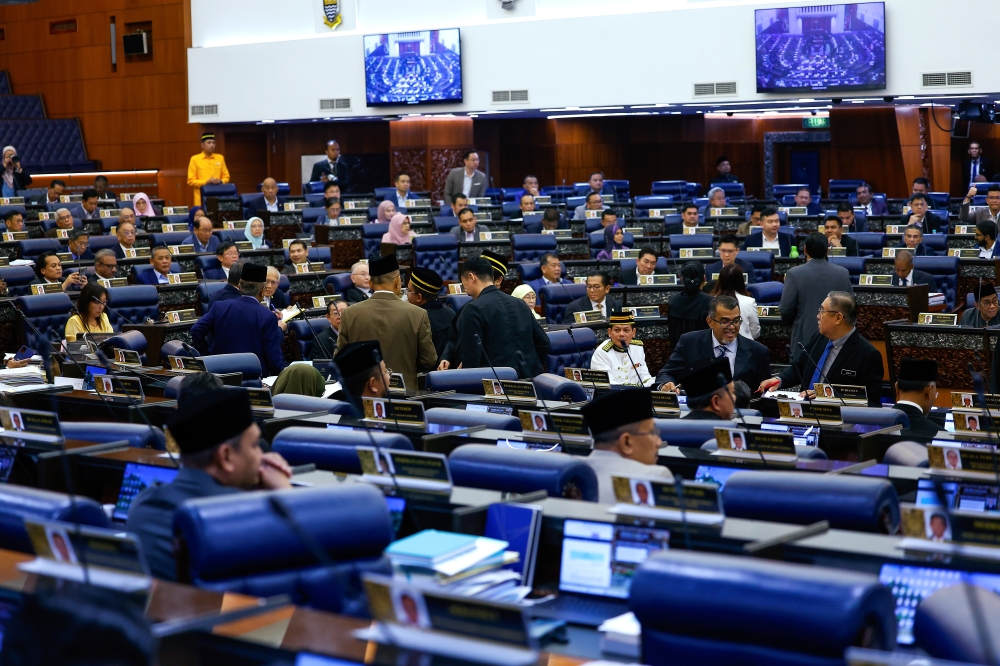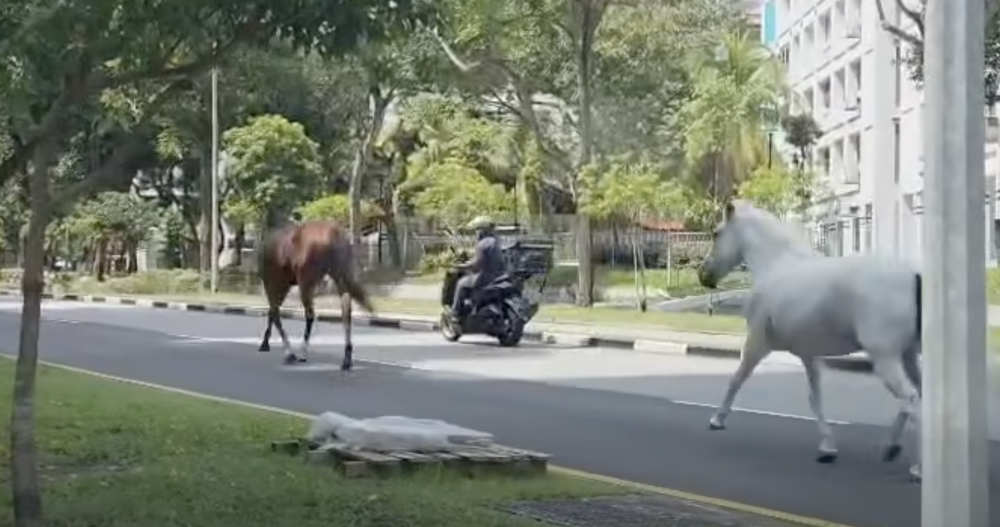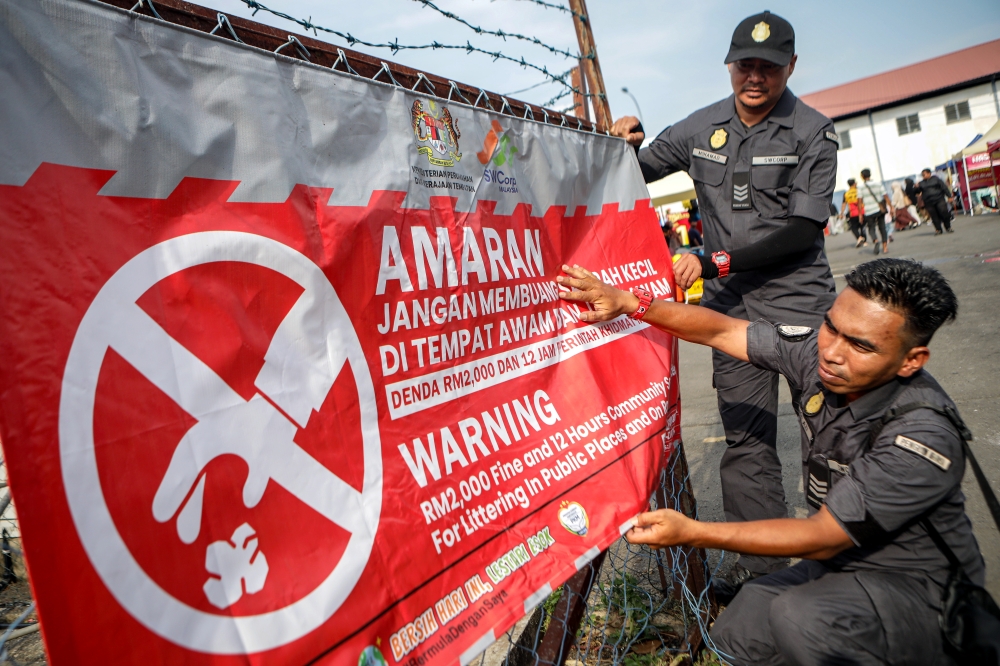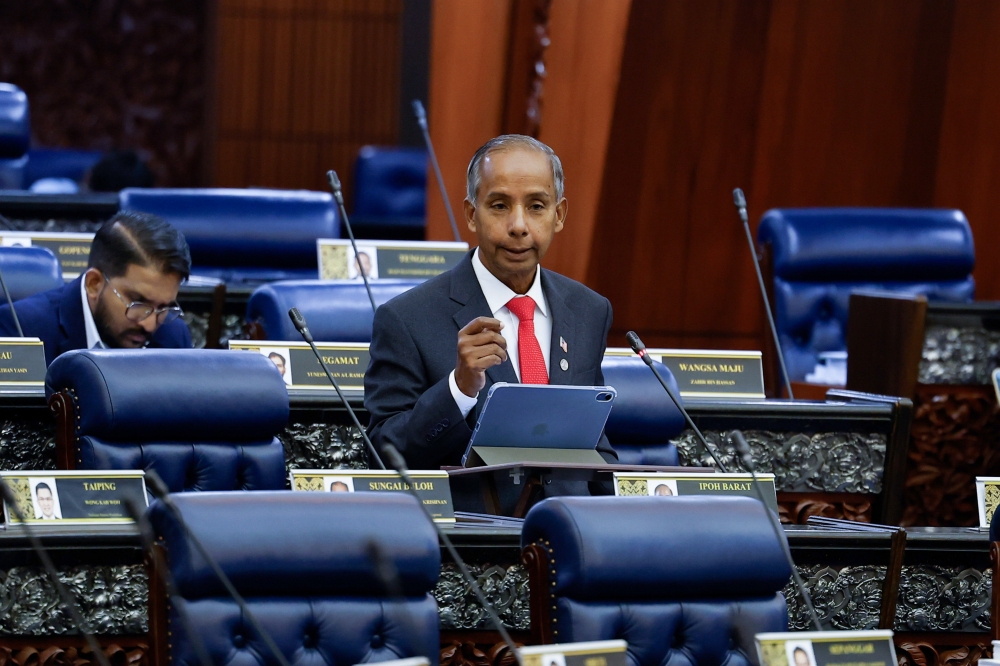SINGAPORE, July 27 — While Singapore is in a “most peculiar period” in its transition towards living with Covid-19, and this has inadvertently caused public confusion given the recent return to stricter measures, Health Minister Ong Ye Kung called on Singaporeans not to “underestimate the progress” that has been made.
In his ministerial statement in Parliament yesterday, Ong said that Singapore is on track to be “perhaps the only country in the world, which has not suffered a collapse of our hospitals or a high death toll, and at the same time achieved a very high vaccination rate in our population”.
“We are not going to do a big bang and then predictably blow up,” Ong said.
Giving an update as co-chair of the ministerial task force tackling the Covid-19 pandemic, he reminded people that the country is committed in its path towards normalcy, but stressed that Singapore will continue to be vulnerable to unexpected setbacks until it reaches a high vaccination rate, especially among seniors.
“We are clear about the mission, our will is firm and we have a broad plan, but we don’t have enough antibodies inside us to ensure that we can follow through our plans without a hitch,” he added.
The update is the fifth one given in Parliament since the pandemic began last year and it follows the recent reversion to Phase Two (heightened alert) on July 22 that was imposed following new clusters that emerged at Jurong Fishery Port and KTV lounges.
The new round of tightened measures had caused some members of the public to wonder if Singapore remains committed towards living normally with endemic Covid-19, Ong said.
While Singapore’s reopening plans had been set back by the recent clusters, the minister urged people to not look down on what Singapore has achieved in its fight against the disease.
Ong noted how highly vaccinated countries such as Britain, Israel, the United States and some European countries had gone through major episodes of Covid-19 transmission with their hospitals overwhelmed, and with many deaths.
On the other hand, places such as Australia, Hong Kong and New Zealand had kept their death toll in check, but are now finding it difficult to vaccinate their population because people there felt that their lives were not threatened by Covid-19.
“Singapore is one of the few countries to have come through the last 20 months of the pandemic with very few fatalities,” he said. “And we can look forward with confidence to living with an endemic Covid-19 because a high proportion of our population will be vaccinated.”
And this achievement is due to the unity of Singaporeans and the trust among people in the population as well as the trust people had with the Government, he reiterated.
Roadmap towards opening
Addressing parliamentary questions filed by several Members of Parliament (MPs), he said that the task force’s roadmap comprises packages of measures to be rolled out in the coming months.
This plan will focus on three aspects:
- Restoring economic and social activities
- Remodelling Covid-19 healthcare protocols
- Shifting Singapore’s collective psychology
Ong said that his fellow co-chairs, Trade and Industry Minister Gan Kim Yong and Finance Minister Lawrence Wong, would provide details on the first point on the resumption of economic and social activities respectively.
As for the shifting healthcare protocols, the health minister said that “having 200 or more cases a day may not be unusual at all” when Covid-19 is endemic.
The influenza season, for example, can have up to 1,000 new cases each day.
“Imagine (if) we treat influenza like we treat Covid-19 now. We will put everyone suspected of influenza infections through PCR (polymerase chain reaction) tests and long isolated stays in hospitals, and quarantine everyone they came into contact (with),” Ong said.
Such a scenario would disrupt many lives and stress hospital capacity, possibly leading to other sick patients being turned away.
Hence, the current healthcare protocols for treating Covid-19 needs to shift closer to how influenza is treated today. This means not having extensive contact tracing and quarantine in dedicated facilities, and hospitalising those who are very ill.
Ong said that as of last week, the Government had begun to directly admit positive cases of Covid-19 aged between 45 and 59 to community care facilities, instead of hospitals, provided that they were vaccinated and showed no or mild symptoms.
This was already being done for all cases aged between 17 and 45.
The change means that up to 60 per cent of infected cases will be expected to recover in such facilities instead of under acute care.
The stays of infected but fully vaccinated persons in hospitals and community care facilities have also been reduced to 14 days with a seven-day leave of absence, down from 21 days previously. This is provided that they test negative for Covid-19 or have very low viral loads.
“We will plan for the next step, where perhaps 80 per cent can be admitted to community care facilities and some can even recover at home,” Ong said.
The task force is also studying how to allow fully vaccinated patients to be discharged even earlier and complete the rest of their isolation periods at home if their home environments are suitable.
Fully vaccinated persons may now serve their quarantine period at home as well, he said. In the coming weeks, more than half of suspected cases who are fully vaccinated could be doing so, as long as their homes are appropriate for isolation.
Changing mindsets
The final element of this roadmap, which is to change mindsets, will be the hardest one, Ong said.
This means a shift away from always focusing on infection numbers.
“We used to get a shock when we saw high daily numbers, because that meant more severe illnesses and deaths. However, in recent days, that mental link is being broken as we know that with vaccinations, high infection numbers need not necessarily mean more sickness and death.”
The focus should instead be on those with severe illnesses, he said. Currently, there are 14 cases of severe Covid-19.
Another important shift is towards “differentiated safe management measures” between those vaccinated and those who are not.
This will be a practical way to open up some activities first during this transition period, while protecting those who are still vulnerable.
More details of this will come during the task force’s midpoint review for the Phase Two (heightened alert) period, expected in early August.
Vaccination update
Giving an update on vaccinations, Ong said that as of July 25, 54 per cent of the population had received two doses of vaccines under the national vaccination programme.
By National Day on Aug 9, almost 70 per cent will have received both doses, and by early September, around 80 per cent should be fully inoculated.
“This means Singapore will have one of the highest vaccination rates in the world. It puts us in a strong position to transit to a Covid-resilient society, where we can live with it as an endemic disease,” he said.
He also called on more seniors to get vaccinated. For now, 77 per cent of seniors aged 70 and above have received one dose of an mRNA (messenger ribonucleic acid) vaccine and they will be fully vaccinated in the coming weeks.
Responding to questions from MPs about the Sinovac vaccine, Ong said about 72,000 people have received at least one dose of the non-mRNA vaccine, out of which 17,000 have received two doses.
“As for concessions on safe management measures, the data on the efficacy of the Sinovac vaccine against the Delta variant is still building up. Sinovac has also recently submitted the required safety data for their application for the Pandemic Special Access Route approval.”
The authorities and the expert committee on Covid-19 vaccinations are still studying the data, he said.
“When the evidence justifies it, we will certainly want to extend the concessions to individuals who have received the Sinovac or other vaccines that may qualify.” — TODAY


